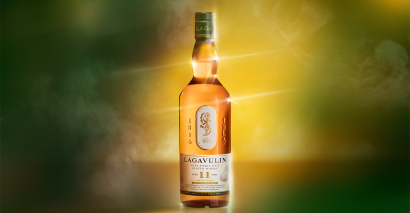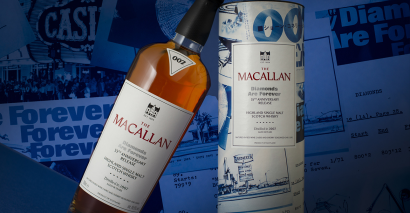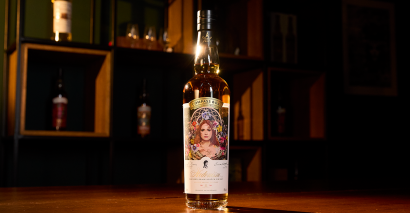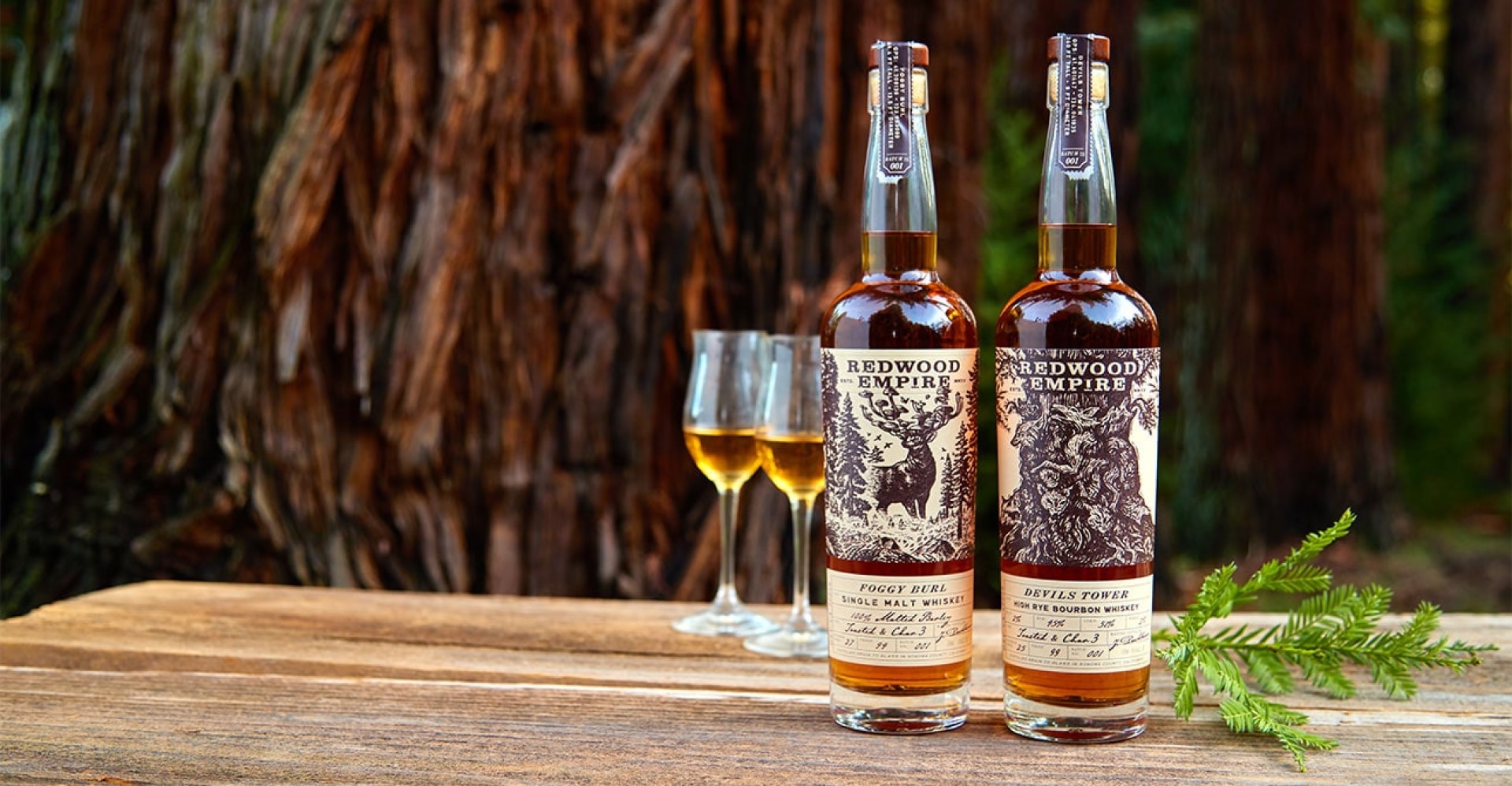
Redwood Empire Dives Deeper Into Grain Selection With Three New Whiskeys
February 8, 2024 –––––– Danny Brandon
Sonoma County, California whiskey maker Redwood Empire was founded in 2015 by Derek Benham, owner of wine and spirits company Purple Brands, and master distiller Jeff Duckhorn. From the start, the mission has been to create grain-to-glass whiskey that explores the terroir of the Golden State, and now Redwood Empire is diving deeper into grains with three new whiskeys.
 • Foggy Burl is Redwood Empire’s first attempt at an American single malt. Its production totaled 27 barrels, made using 7 different malt varieties. Redwood Empire uses a combination of both light and dark malts, from three malt houses. The bulk of the barley comes from Admiral Maltings, a malthouse based in Alameda, California. It was aged for at least 4 years in toasted, char No.-3 barrels, and is bottled at 47% ABV. 7,200 bottles were produced, priced at $100.
• Foggy Burl is Redwood Empire’s first attempt at an American single malt. Its production totaled 27 barrels, made using 7 different malt varieties. Redwood Empire uses a combination of both light and dark malts, from three malt houses. The bulk of the barley comes from Admiral Maltings, a malthouse based in Alameda, California. It was aged for at least 4 years in toasted, char No.-3 barrels, and is bottled at 47% ABV. 7,200 bottles were produced, priced at $100.
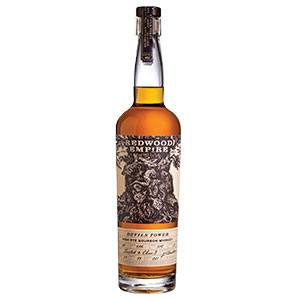 • Devils Tower, a high-rye four-grain bourbon blended from 25 barrels of Redwood Empire’s own make, made from a mashbill of 51% corn, 45% rye, 2% wheat, and 2% malt. These grains come by way of Adams Grain Co., a family-owned grain supplier in Sacramento Valley, which has collaborated with Redwood Empire. It was aged for at least 5 years in toasted, char No.-3 barrels, and is bottled at 49.5% ABV. Only 6,000 bottles were released, with a suggested retail of $80.
• Devils Tower, a high-rye four-grain bourbon blended from 25 barrels of Redwood Empire’s own make, made from a mashbill of 51% corn, 45% rye, 2% wheat, and 2% malt. These grains come by way of Adams Grain Co., a family-owned grain supplier in Sacramento Valley, which has collaborated with Redwood Empire. It was aged for at least 5 years in toasted, char No.-3 barrels, and is bottled at 49.5% ABV. Only 6,000 bottles were released, with a suggested retail of $80.
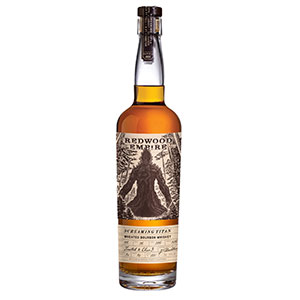 • Screaming Titan, another 5 year old four-grain bourbon, was made with a high-wheat mashbill: 59% corn, 30% wheat, 7% rye, and 4% malted barley. Unlike the other whiskeys in the series, Screaming Titan isn’t entirely distilled by Redwood Empire—similar to Emerald Giant rye, the blend also includes distillate from Indiana and Kentucky.
• Screaming Titan, another 5 year old four-grain bourbon, was made with a high-wheat mashbill: 59% corn, 30% wheat, 7% rye, and 4% malted barley. Unlike the other whiskeys in the series, Screaming Titan isn’t entirely distilled by Redwood Empire—similar to Emerald Giant rye, the blend also includes distillate from Indiana and Kentucky.
Foggy Burl and Devils Tower both saw a nationwide retail launch last week, but Screaming Titan won’t be released until next month. Redwood Empire, which currently produces only four barrels a day, teased that it has plans to start construction on a larger distillery later this year to expand production.
The key feature of all three whiskeys is their unusual mashbills. While using so many malt varieties isn’t unheard of—Westland also uses as many as seven in its single malt mashbills—it is fairly uncommon. The grain ratio on the four-grain bourbons is also decidedly unusual. According to master distiller Jeff Duckhorn, that’s by design. “Having a homebrewing background, I love to work with different grain types and coax out unique flavors,” says Duckhorn. “Starting this distillery from scratch in 2015, I was given a lot of creative freedom to explore different recipes as we learned the ins and outs of our unique equipment and environment.”


